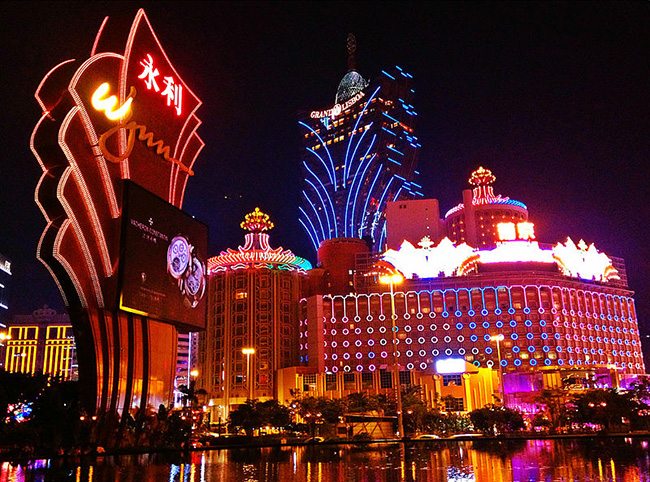On 17th April, the brand finalised a deal with Resorts Hotel & Casino, allowing it to legally operate its online poker rooms within the state. Though online gambling only became legal in New Jersey in November 2013, many sites have to enter into deals with land-based casinos to operate fully, whilst still allowing the land-based monopoly that is Atlantic City to co-exist within the region.
The move follows in the footsteps of Gamesys, whose in-house B2C brand, Virgin Bingo, announced last month that it would be launching its 90-Ball Bingo game in the state. The news came just one month after one of the biggest takeovers in the history of iGaming; in February, it was announced that Gamesys would be selling some of its biggest assets, such as Jackpotjoy, to iGaming giant Intertain.
Of course, eight months previous to this acquisition, PokerStars was undergoing a few changes of its own. In June 2014, Amaya Gaming confirmed the $4.9 billion acquisition of PokerStars, setting into motion a series of exciting changes for the company, promising to make 2015 one of the company’s biggest yet.
The firm will now be branching out into a number of new markets; for example on 1st April, representatives announced that they would be moving into the sports betting market, having launched a new sports betting platform. Amaya Gaming said: “The corporation anticipates PokerStars will launch its beta version of its sports-betting product, available both on the web and in the PS7 client, in certain jurisdictions in the near future, with rollout to other markets across the dot-com network through the next two quarters of 2015.”
Prior to the sports betting move, the gaming giant also announced a partnership with popular video streaming site Twitch, which now includes poker games in its online video streaming remit. It’s certainly been an exciting few months for PokerStars, but it’s showing no sign of stopping in its mission for even bigger growth – next on the list is a move into the Asian markets.
While other online gaming brands such as the aforementioned Gamesys seem to prefer to focus on European markets, PokerStars will be attempting to crack the Asian market, having seen how popular gambling has become in the area, particularly the Macau region.
With 50 million registered users, it’s one of the biggest poker brands out there, but thanks to its collaboration with Amaya Gaming, it could be even bigger in 2015.


